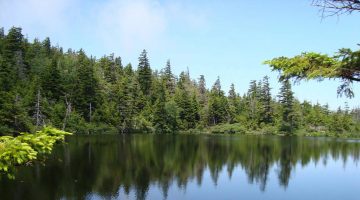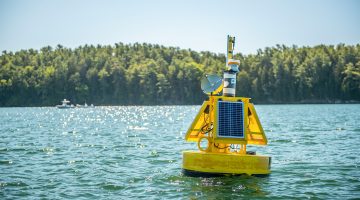The environmental legacy of acid rain
For Stephen Norton, lakes hold a treasure trove of precious scientific information. For the past 40 years, Norton, professor emeritus at the University of Maine, has studied lakes by evaluating sediment cores from around the world. Using the cores taken from the bottom of lakes, he is able to determine the age of the sediment […]
Read more

